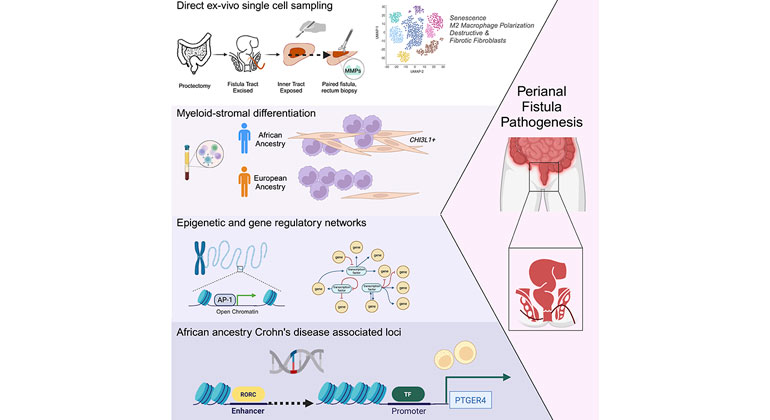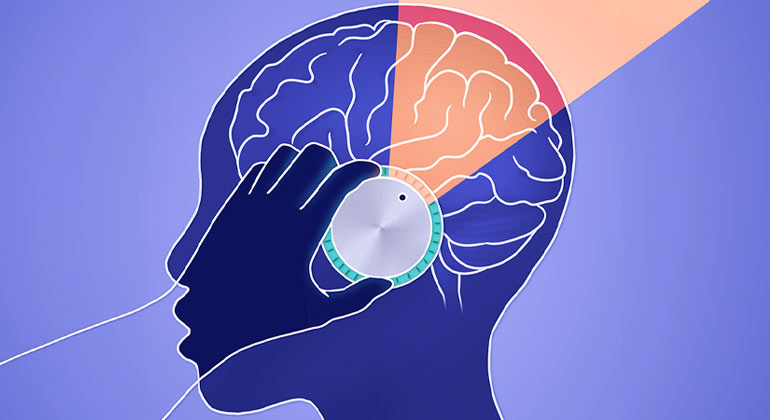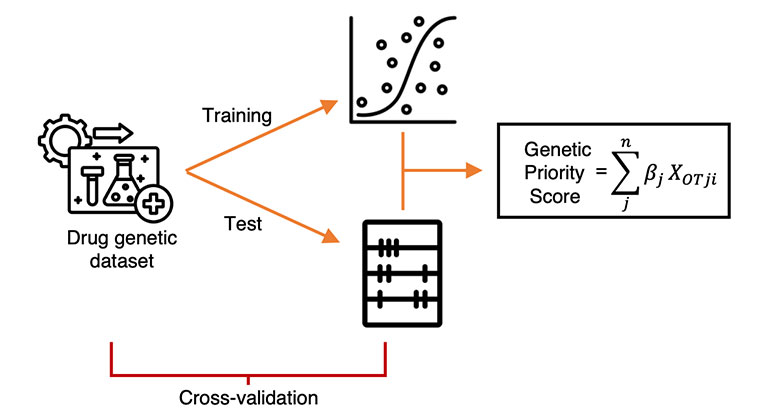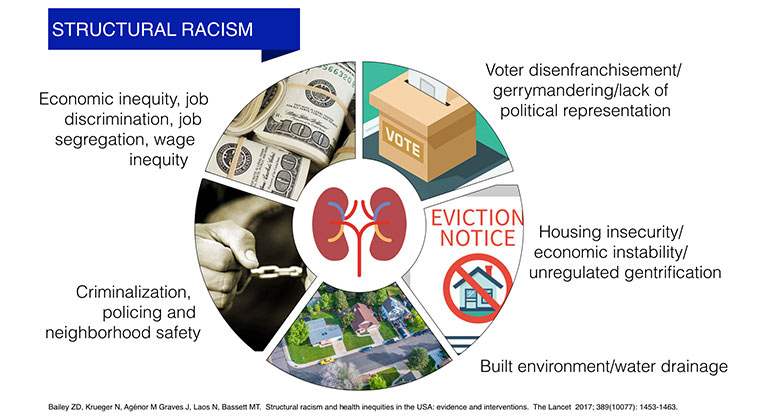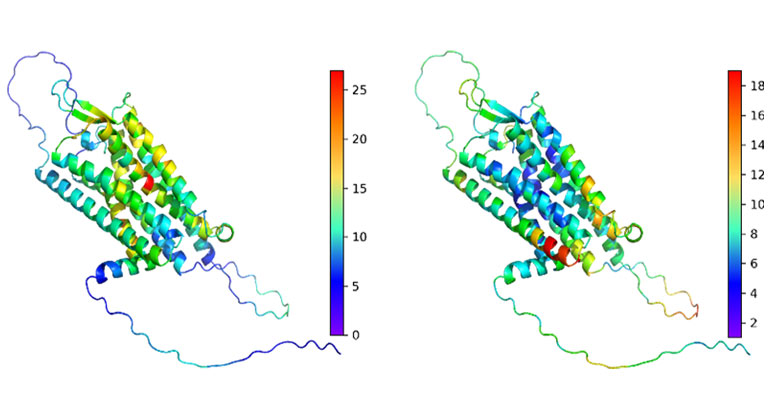Researchers Discover Drug Target for Kidney Failure
Mount Sinai researchers used computer software to help identify a protein that plays a crucial role in kidney fibrosis, which leads to kidney failure, a disease that affects millions of Americans.
Researchers from Mount Sinai School of Medicine have identified a regulator protein that plays a crucial role in kidney fibrosis, a condition that leads to kidney failure. Finding this regulator provides a new therapeutic target for the millions of Americans affected by kidney failure. The research is published in the March 11 issue of Nature Medicine.
Led by John Cijiang He, MD, PhD, Professor of Nephrology and Pharmacology and Systems Therapeutics; and Avi Ma'ayan, PhD, Assistant Professor of Pharmacology and Systems Therapeutics at Mount Sinai School of Medicine, the research team studied three mouse models of kidney fibrosis: one group of mice contained HIV viral proteins incorporated into their genome; the second group was injected with a high dose of folic acid; in the third mouse model, kidney filtration was blocked in one kidney. All of these factors cause kidney fibrosis.
The researchers gathered the genetic material of the mice and compared it to the genetic material of mice that did not have kidney fibrosis. Using a new computational systems biology algorithm and software called Expression2Kinases—developed by the Ma'ayan Laboratory at Mount Sinai—the results from these experiments were analyzed. They found that HIPK2, a protein kinase, or regulator, was highly active in the mice with kidney fibrosis. HIPK2 regulates the way certain genes are expressed and when HIPK2 is highly active this leads to kidney fibrosis. Drs. He and Ma'ayan also found that when they eliminated HIPK2, fibrosis was less prominent and the condition of the mice significantly improved.
"Our findings have important implications for people with kidney diseases, patients I treat every day," said Dr. He. "Protein kinases like HIPK2 are highly effective therapeutic targets. We look forward to exploring this further."
Incorporating a systems approach allowed the Mount Sinai team to identify a target that is a regulatory protein modified during chronic disease. The high activity of HIPK2 in kidney fibrosis was not identifiable by standard methods that examine gene expression changes alone, but by modeling a network of proteins using computational systems biology, the research team was able to home in on the regulator protein, HIPK2. Now, Mount Sinai scientists can work to develop a drug intervention that inhibits the activity of HIPK2.
"This study is an important example of the translational research we are doing at Mount Sinai," said Dr. Ma'ayan. "Using algorithms and software developed here, we worked with Dr. He, who is a kidney disease physician and scientist, to better understand what causes kidney fibrosis, and we are now one step closer to finding a therapeutic solution to a complex disease that affects millions of Americans."
Funding for this study was provided by the National Institute of Diabetes and Digestive and Kidney Diseases, a division of the National Institutes of Health in Bethesda, Md.
About The Mount Sinai Medical Center
The Mount Sinai Medical Center encompasses both The Mount Sinai Hospital and Mount Sinai School of Medicine. Established in 1968, Mount Sinai School of Medicine is one of the leading medical schools in the United States. The Medical School is noted for innovation in education, biomedical research, clinical care delivery, and local and global community service. It has more than 3,400 faculty in 32 departments and 14 research institutes, and ranks among the top 20 medical schools both in National Institutes of Health (NIH) funding and by US News and World Report.
The Mount Sinai Hospital, founded in 1852, is a 1,171-bed tertiary- and quaternary-care teaching facility and one of the nation's oldest, largest and most-respected voluntary hospitals. In 2011, US News and World Report ranked The Mount Sinai Hospital 16th on its elite Honor Roll of the nation's top hospitals based on reputation, safety, and other patient-care factors. Of the top 20 hospitals in the United States, Mount Sinai is one of 12 integrated academic medical centers whose medical school ranks among the top 20 in NIH funding and US News and World Report and whose hospital is on the US News and World Report Honor Roll. Nearly 60,000 people were treated at Mount Sinai as inpatients last year, and approximately 560,000 outpatient visits took place.
For more information, visit http://www.mountsinai.org/.
Find Mount Sinai on:
Facebook: http://www.facebook.com/mountsinainyc
Twitter: @mountsinainyc
YouTube: http://www.youtube.com/mountsinainy
About the Mount Sinai Health System
Mount Sinai Health System is one of the largest academic medical systems in the New York metro area, with more than 43,000 employees working across eight hospitals, over 400 outpatient practices, nearly 300 labs, a school of nursing, and a leading school of medicine and graduate education. Mount Sinai advances health for all people, everywhere, by taking on the most complex health care challenges of our time — discovering and applying new scientific learning and knowledge; developing safer, more effective treatments; educating the next generation of medical leaders and innovators; and supporting local communities by delivering high-quality care to all who need it.
Through the integration of its hospitals, labs, and schools, Mount Sinai offers comprehensive health care solutions from birth through geriatrics, leveraging innovative approaches such as artificial intelligence and informatics while keeping patients’ medical and emotional needs at the center of all treatment. The Health System includes approximately 7,300 primary and specialty care physicians; 13 joint-venture outpatient surgery centers throughout the five boroughs of New York City, Westchester, Long Island, and Florida; and more than 30 affiliated community health centers. We are consistently ranked by U.S. News & World Report's Best Hospitals, receiving high "Honor Roll" status, and are highly ranked: No. 1 in Geriatrics and top 20 in Cardiology/Heart Surgery, Diabetes/Endocrinology, Gastroenterology/GI Surgery, Neurology/Neurosurgery, Orthopedics, Pulmonology/Lung Surgery, Rehabilitation, and Urology. New York Eye and Ear Infirmary of Mount Sinai is ranked No. 12 in Ophthalmology. U.S. News & World Report’s “Best Children’s Hospitals” ranks Mount Sinai Kravis Children's Hospital among the country’s best in several pediatric specialties.
For more information, visit https://www.mountsinai.org or find Mount Sinai on Facebook, Twitter and YouTube.
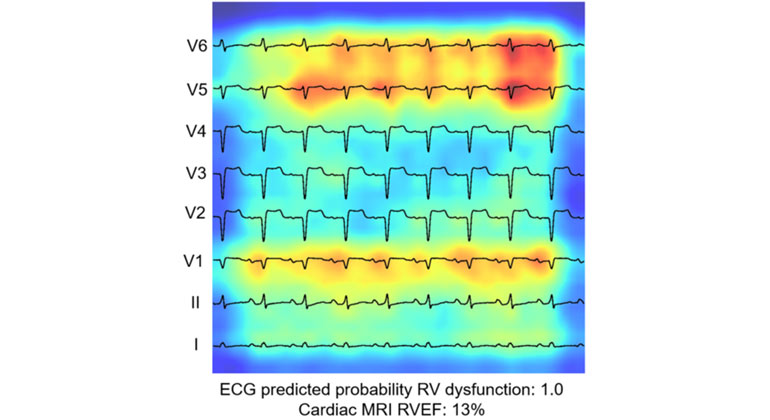
AI-Driven Study Redefines Right Heart Health Assessment With Novel Predictive Model
Jan 04, 2024 View All Press Releases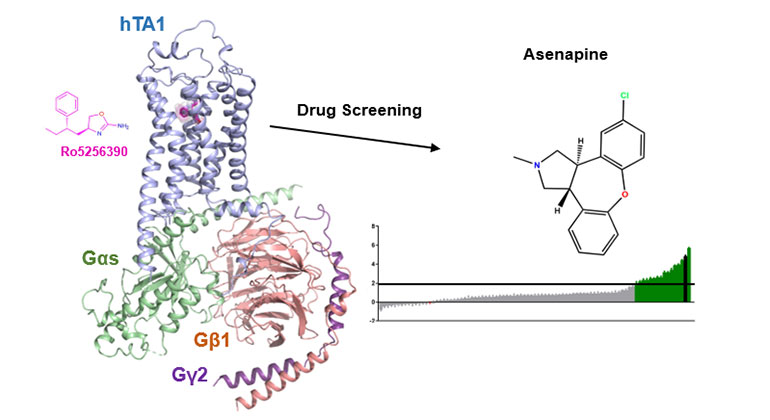
Demystifying a Key Receptor in Substance Use and Neuropsychiatric Disorders
Jan 02, 2024 View All Press Releases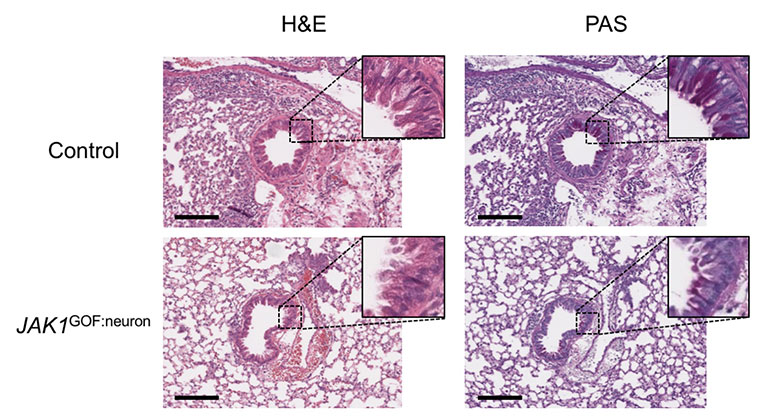
New Insights Revealed On Tissue-Dependent Roles of JAK Signaling in Inflammation
Dec 21, 2023 View All Press Releases